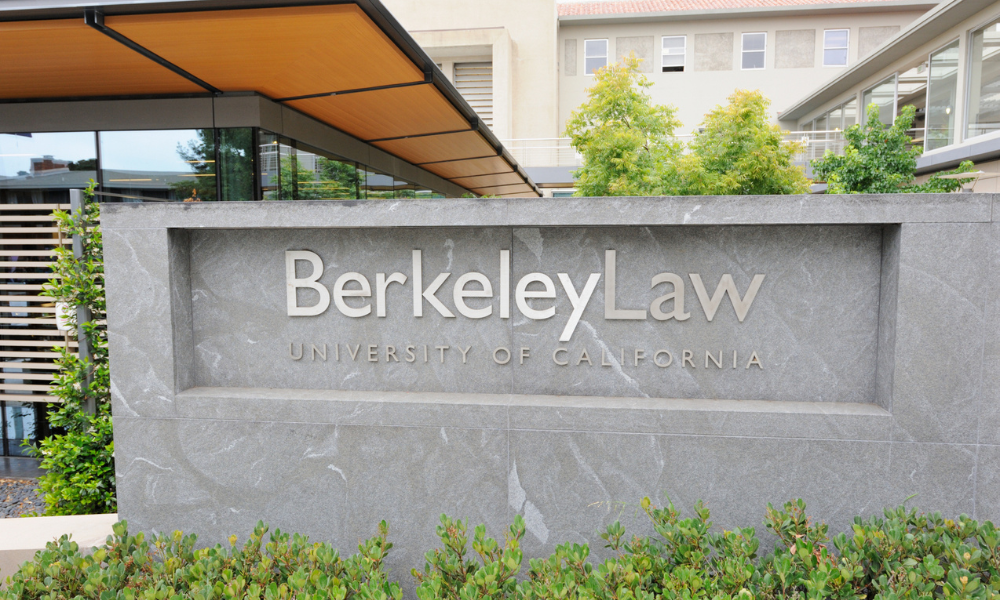
They raised concerns about the lack of employment and bar pass data for graduates of online programs

A group of deans from 26 law schools has openly contested a proposal by the American Bar Association (ABA) to extend accreditation to fully online law schools, Reuters reported.
This group, which includes leaders from the University of California, Berkeley School of Law, the University of Houston Law Center, and Southern Methodist University Dedman School of Law, has voiced significant concerns regarding the lack of employment and bar examination pass data for graduates from online and hybrid law programs. Their statement, released during a public comment period from January 23 to March 25, questioned the ABA’s move to alter its long-standing policy of accrediting only those law schools with physical campuses.
The ABA’s Council of the Section of Legal Education and Admissions to the Bar initiated a review in November to consider modifying its accreditation standards to include fully online law schools. Proponents argued that this change could democratize access to legal education and reduce the financial barriers to entering the legal profession.
Currently, the ABA accredits a few fully online Juris Doctor programs, but these are offered by institutions that also have brick-and-mortar locations. Should the proposed changes take effect, graduates from ABA-accredited online law schools would be eligible to sit for the bar examination across all states. The council is expected to reach a decision at its next meeting in May.
During the latest public comment phase, the ABA received 21 letters, with 16 expressing support for the accreditation of fully online law schools. Among the proponents are students, graduates, and faculty of Purdue Global Law School, the United States' oldest online law school, established in 1998 as Concord Law School before being acquired by Purdue University in 2017.
Other supporters include the State Bar of Montana and the Indiana Supreme Court, which recently amended its attorney admissions rules to allow graduates from non-ABA-accredited law schools to request a waiver to sit for its bar exam, a change advocated by Purdue. The Indiana justices highlighted that accrediting online law schools could help alleviate the attorney shortages plaguing many states.
However, the Illinois Board of Bar Admissions raised concerns in their opposing comment, pointing out the significant differences between online and in-person teaching. The Board emphasized the importance of face-to-face interactions as a critical component of the law school learning experience.
“Despite offering a lesser educational experience, online schools would be able to out-compete traditional law schools on cost, convenience, and scale,” said Alberto Gonzales, dean of Belmont University College of Law and former U.S Attorney General.